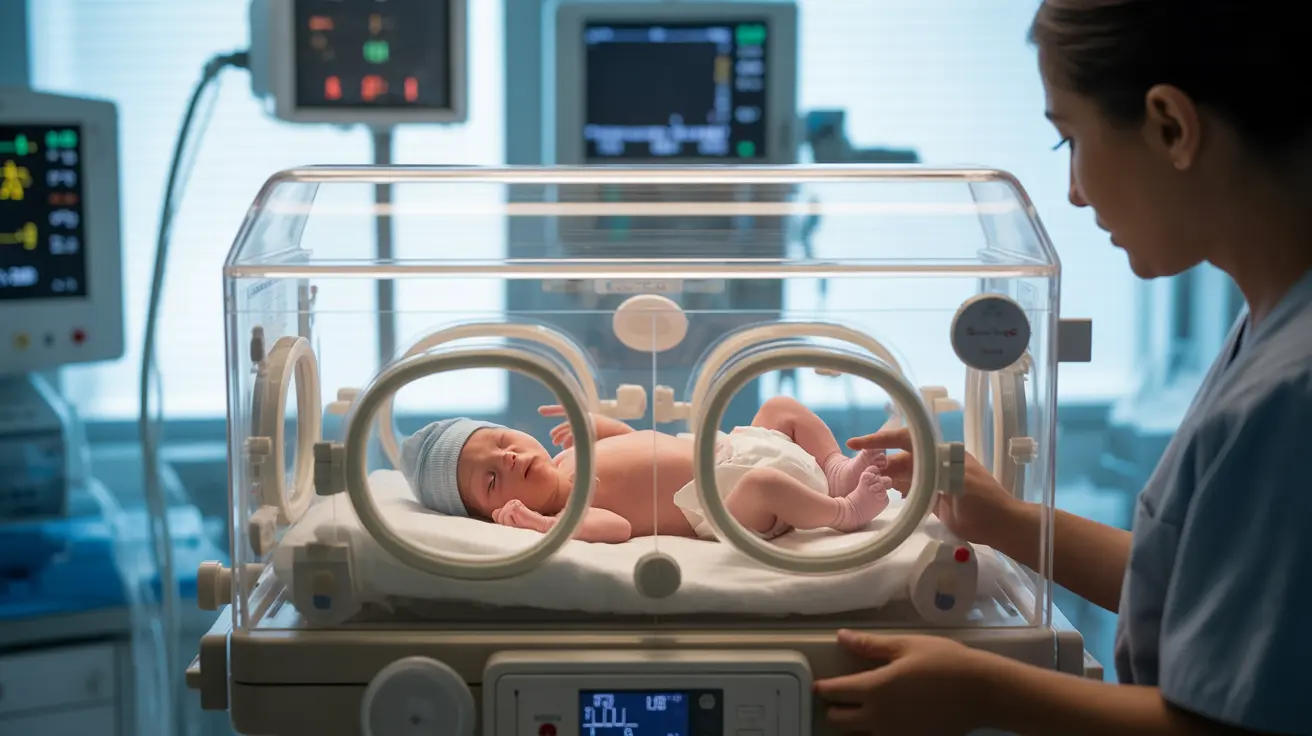Baby incubators are essential medical devices that provide a controlled, protective environment for premature or medically fragile newborns. These specialized units play a crucial role in supporting infant development and survival during the critical early days and weeks of life. Understanding how these life-saving devices work can help parents and caregivers better navigate the challenging journey of caring for a vulnerable newborn.
Understanding Baby Incubators and Their Purpose
A baby incubator is a clear, enclosed medical device that creates a carefully regulated environment to protect vulnerable newborns. These sophisticated units maintain optimal conditions for infant development, including temperature, humidity, and oxygen levels, while protecting babies from external threats such as bacteria, noise, and excessive handling.
Types of Baby Incubators
Closed Box Incubators
These traditional incubators feature a completely enclosed environment with small ports for medical access. They offer superior temperature and humidity control, making them ideal for extremely premature or critically ill newborns.
Open Warmer Systems
These units provide radiant heat from above while leaving the baby more accessible for medical procedures. They're often used for infants requiring frequent interventions or those who are more stable but still need temperature support.
Transport Incubators
Specially designed for moving babies between hospital units or facilities, these portable units maintain stable conditions while providing essential monitoring during transport.
Key Features and Functions
Temperature Regulation
Incubators maintain precise temperature control, typically between 36.5°C to 37.5°C (97.7°F to 99.5°F), adjusting automatically based on the baby's needs and medical staff input.
Humidity Control
These units can maintain specific humidity levels, usually between 40% to 60%, which helps prevent fluid loss and maintains skin integrity in premature infants.
Oxygen Management
Advanced incubators can deliver precise oxygen concentrations while monitoring the baby's oxygen saturation levels, ensuring optimal respiratory support.
Medical Care Within the Incubator
Modern incubators are designed to allow various medical procedures while maintaining the protective environment. Special ports and access points enable healthcare providers to:
- Perform vital sign monitoring
- Administer medications
- Conduct blood draws
- Provide feeding tube management
- Change diapers and conduct basic care
Infection Prevention and Safety Measures
Hospitals implement strict protocols to maintain incubator sterility and safety, including:
- Regular sanitization of all surfaces
- HEPA filtration systems
- Strict hand hygiene protocols
- Regular equipment maintenance
- Continuous monitoring of environmental conditions
Frequently Asked Questions
What is a baby incubator and how does it help premature or ill newborns?
A baby incubator is a specialized medical device that creates a controlled environment for vulnerable newborns. It helps by maintaining optimal temperature, humidity, and oxygen levels while protecting them from infections and environmental stresses, supporting their growth and development.
What types of baby incubators are there and how do they differ in protecting infants?
The main types include closed box incubators, open warmer systems, and transport incubators. Closed box incubators offer the most environmental control, open warmers provide easier access for procedures, and transport incubators enable safe movement between facilities while maintaining stable conditions.
How do baby incubators regulate temperature, humidity, and oxygen for newborn care?
Baby incubators use sophisticated sensors and control systems to maintain precise temperature (36.5-37.5°C), humidity (40-60%), and oxygen levels. These parameters are continuously monitored and automatically adjusted based on the infant's needs and medical staff settings.
What medical procedures can be performed while a baby is in an incubator?
Many medical procedures can be performed through specially designed ports, including vital sign monitoring, medication administration, blood draws, feeding tube management, and routine care like diaper changes. The incubator maintains its protective environment during these procedures.
How do hospitals ensure baby incubators remain clean and safe to prevent infections?
Hospitals maintain strict infection control protocols including regular sanitization, HEPA filtration, strict hand hygiene requirements, scheduled maintenance, and continuous monitoring of environmental conditions. Staff must follow specific procedures for accessing and cleaning the incubator.




